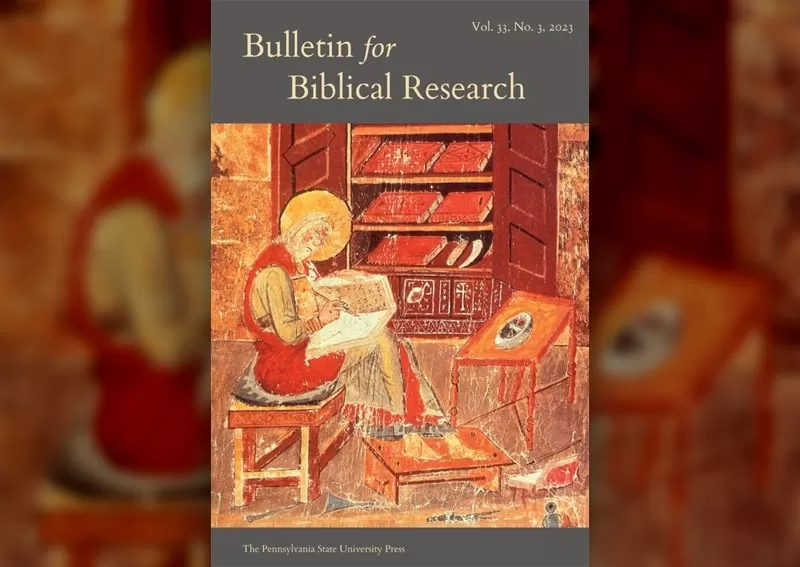“Before Abraham was, I am”; and before John was the Apocalypse of Abraham
Jesus says in John 8:58: “Before Abraham was, I am.” Raymond Brown says that ‘No clearer implication of divinity is found in the Gospel tradition.’ This has been much debated, and I’m not here especially interested in the immediate christological meaning. It’s the background to the statement that “Abraham rejoiced that he would see my day” that I want to look at and what this might tell us about John’s reasons for putting these words into Jesus’ mouth.







Recent comments